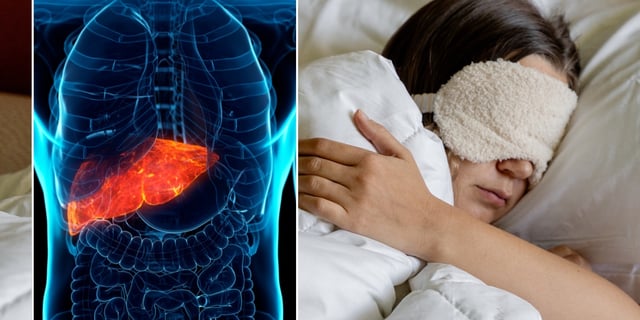Overview
- The international phenome-wide analysis used wrist-worn accelerometers on 88,461 UK Biobank participants over an average of 6.8 years to map objective sleep traits against a spectrum of diseases.
- Irregular bedtimes and unstable circadian rhythms were associated with elevated risk across 172 conditions, and 92 diseases showed over 20% of their burden attributable to poor sleep regularity.
- Key risk estimates included a 2.57-fold increase in liver cirrhosis for bedtimes after 00:30 and a 2.61-fold increase in gangrene for low interdaily stability.
- Objective data refuted most links between long sleep and poor health by revealing that roughly one in five self-reported long sleepers actually obtained fewer than six hours of sleep.
- Follow-up work has confirmed several associations in US populations, identified elevated leukocytes and C-reactive protein as possible inflammatory mediators, and will test causal effects through intervention trials.



